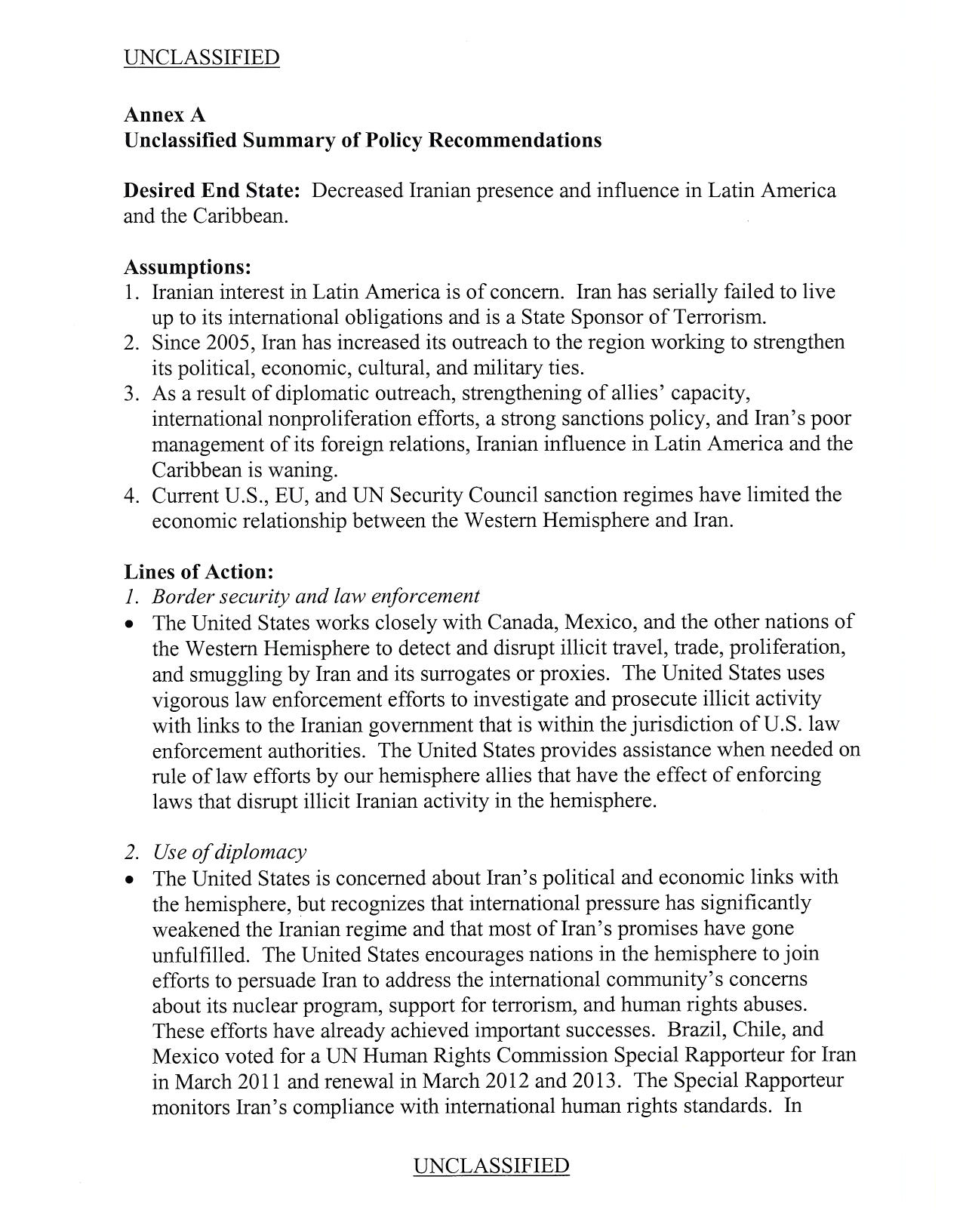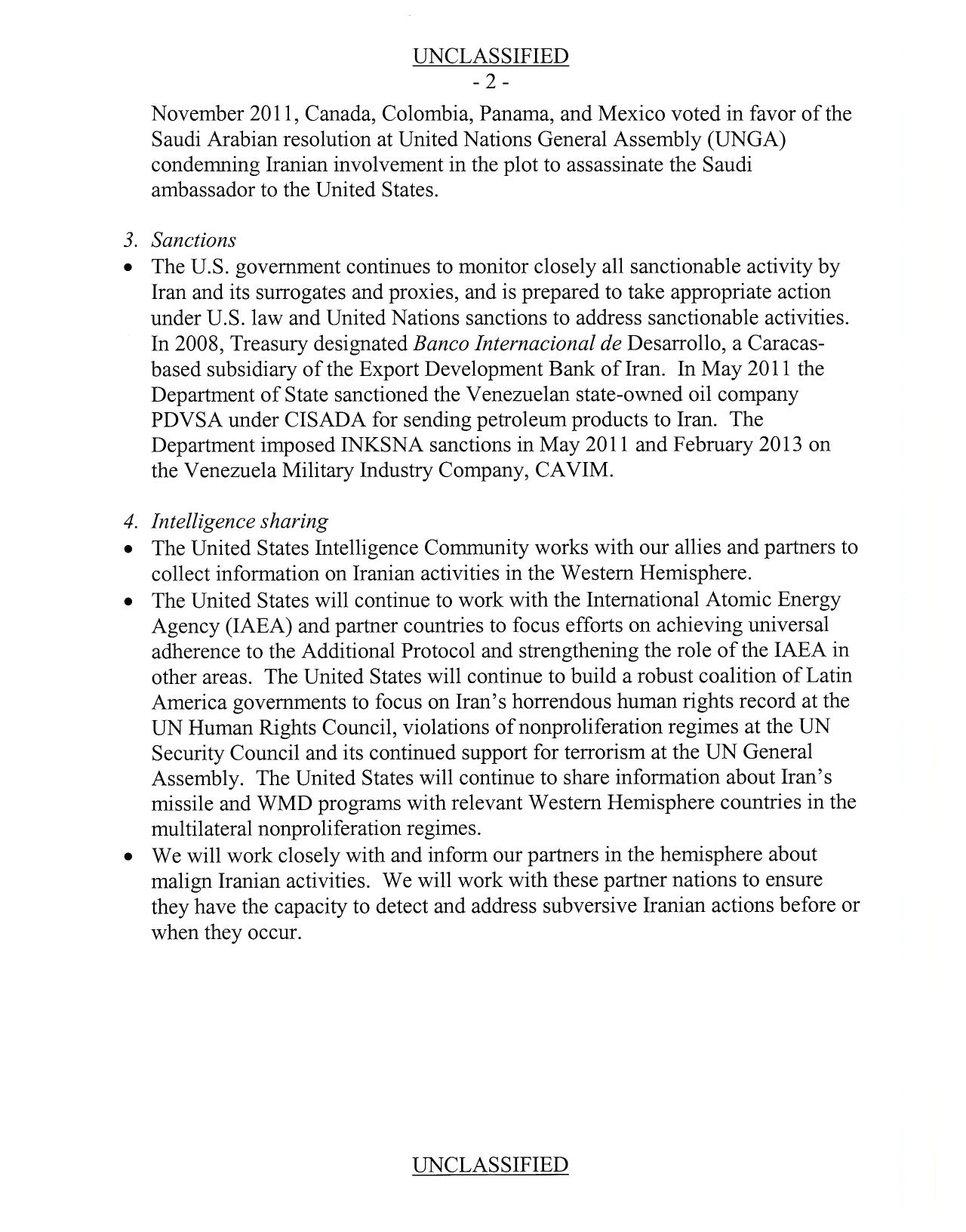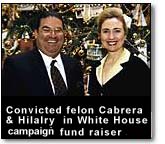This is rather old news until the actual deployment, yet John Kerry and Europe has not sanctioned Russia and Iran must be only doing peaceful activities at Fordow, which is built inside a mountain.
Iran began constructing the Fordow uranium enrichment facility in secret as early as 2006. It was publicly revealed by U.S. President Barack Obama, French President Nicolas Sarkozy, and British Prime Minister Gordon Brown in September 2009, shortly after these nations presented evidence of the facility to the International Atomic Energy Agency (IAEA). The facility appears to be a repurposed tunnel complex, with the main enrichment halls buried within a mountain in order to harden the facility against a potential military strike. Satellite imagery dates the construction of the facility to a period between June 2006 and July 2007, while Iran has told the IAEA that it began to build the facility during the second half of 2007. After the disclosure of the plant’s existence, Iran downplayed its role in its nuclear program, moving slowly to install the planned number of centrifuges at the site. In mid-2011, it announced it would install advanced centrifuges at the FFEP rather than IR-1 centrifuges. The facility is designed to hold approximately 3,000 centrifuges. It never installed advanced centrifuges in the facility, but instead deployed the IR-1 model.
The Fordow site has two enrichment halls, Units 1 and 2, each designed to hold 8 cascades of 174 centrifuges per cascade. Iran fully outfitted the facility in late 2012 – early 2013.
On June 8, 2011, Iran announced that it planned to move its production of 19.75% enriched uranium from the Natanz Pilot Fuel Enrichment Plant (PFEP) to the FFEP, and that it would enrich 3.5% low-enriched uranium produced at the Fuel Enrichment Plant at Natanz. Since February 2013, Iran has produced 19.75 percent enriched uranium at the FFEP using sets of tandem cascades to enrich uranium to 19.75 percent and strip the tails to natural uranium (0.711 percent). Iran claims that the 19.75 percent enriched uranium produced in this facility will be used to produce medical isotopes in the Tehran Research Reactor.
TEHRAN, Aug. 29 (MNA) – The first footage showing the deployment of S-300 missile defense system at Fordow nuclear site was aired Sunday, August 28. The footage was shown following Ayat. Khamenei’s speech in which he stressed the defensive nature of the system and the necessity for upgrading the country’s defense capabilities.
Iran deploys long-range missiles to Fordo nuclear site
Iranian students form a human chain during a protest to defend their country’s nuclear program outside the Fordo Uranium Conversion Facility in Qom in 2013 (AFP Photo/Chavosh Homavandi)
Tehran (AFP) – Tehran has deployed a recently delivered Russian-made long-range missile system to central Iran to protect its Fordo nuclear facility, state television said Sunday.
Protecting nuclear facilities is paramount “in all circumstances” General Farzad Esmaili, the commander of Iran’s air defences, told the IRIB channel.
“Today, Iran’s sky is one of the most secure in the region,” he added.
A video showed an S-300 carrier truck in Fordo, raising its missile launchers toward the sky, next to other counter-strike weaponry.
The images were aired hours after supreme leader Ayatollah Ali Khamenei gave a speech to air force commanders, including Esmaili, in which he stressed that Iranian military power was for defensive purposes only.
“Continued opposition and hype on the S-300 or the Fordo site are examples of the viciousness of the enemy,” Khamenei said.
“The S-300 system is a defence system not an assault one, but the Americans did their best for Iran not to get hold of it.”
The Fordo site, built into a mountain near the city of Qom has stopped enriching uranium since the January implementation of a nuclear deal with world powers.
Under the historic accord, Iran dismantled most of its estimated 19,000 centrifuges — giant spinning machines that enrich uranium, keeping only 5,000 active for research purposes.
Iran and the United States, Britain, China, France, Germany and Russia negotiated for more than two years before signing a historic July 2015 agreement that removed some international sanctions in return for curbs on Tehran’s controversial atomic programme.





 CNN reported Wednesday that Cabrera’s attorney, Stephen Bronis, said $20,000(given to the Clinton-Gore campaign) was not intended to buy protection for drug smuggling.
CNN reported Wednesday that Cabrera’s attorney, Stephen Bronis, said $20,000(given to the Clinton-Gore campaign) was not intended to buy protection for drug smuggling.